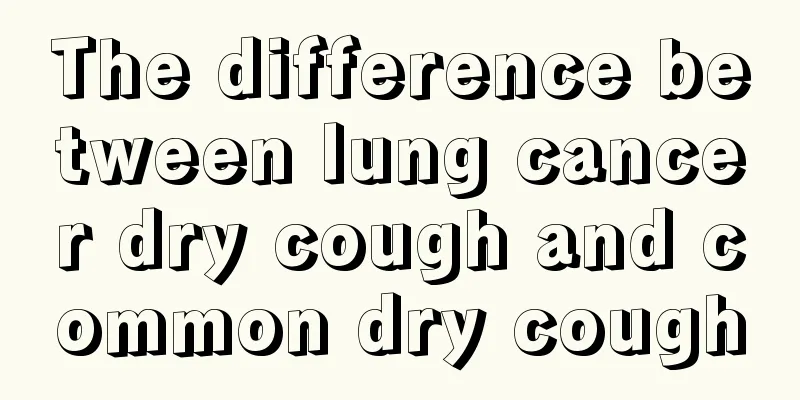How to treat esophageal cancer

|
Like other malignant tumors, esophageal cancer emphasizes early diagnosis and early treatment. If precancerous lesions or early cancers are confirmed during gastroscopy, endoscopic resection or local surgical resection can be performed. If it is confirmed that the cancer cells have not infiltrated deeply into the esophageal wall, chemotherapy is not required. However, if the cancer cells have infiltrated deeply into the esophageal wall, the doctor will recommend surgical treatment and recommend radiotherapy or chemotherapy. (1) Surgical treatment: Surgical resection is mainly used for the resection of T1 lower esophageal cancer. Palliative surgery can also be performed for patients in the middle stage. For localized esophageal cancer, surgical resection can provide the best local control opportunity and is the best way to relieve eating difficulties. Since lymph node metastasis is rare in T1 patients, surgical resection alone can achieve a survival rate of 60% to 90%. For esophageal cancer limited to the mucosal layer, lymph node resection is not required, and the 5-year survival rate can reach 95%. For patients whose tumors infiltrate the submucosal layer or deeper, not only the diseased mucosa needs to be removed, but also lymph node dissection is required. For locally advanced esophageal cancer, especially squamous cell carcinoma, if chemotherapy and radiotherapy are effective, no further surgery is required. (2) Radiotherapy: It is the first choice for patients with advanced esophageal cancer who have lost the chance of surgical treatment. Thirion et al. in the United States confirmed the important role of preoperative radiotherapy and chemotherapy in operable esophageal cancer. The results showed that the median survival of patients who received surgery plus radiotherapy was significantly longer than that of patients who received surgery alone. Radiotherapy can significantly prolong the median survival of patients with T3 or T4 disease. (3) Chemotherapy: For patients who cannot undergo surgery or radiotherapy, chemotherapy can relieve symptoms and shrink tumors. Combination therapy regimens include cyclophosphamide combined with bleomycin or bleomycin; 5-fluorouracil combined with bleomycin or bleomycin; cyclophosphamide combined with 5-fluorouracil or vincristine or bleomycin. 5-fluorouracil plus cisplatin is the standard chemotherapy regimen in the comprehensive treatment of esophageal cancer. New chemotherapy regimens include paclitaxel plus cisplatin and cisplatin plus irinotecan. |
<<: How to treat pancreatic cancer
>>: How to treat laryngeal cancer
Recommend
What are the symptoms of corneal damage
I believe that many people often encounter the pr...
Fat people tend to sweat easily in summer
The hot weather in summer will cause people to sw...
What is the correct way to use headphones?
With the continuous advancement of electronic tec...
The cause of melanoma is related to many factors
The cause of melanoma is related to many factors,...
Second-hand roast duck oven
Roast duck is a very good food and a great snack ...
Spring health care can keep you healthy for life as long as you do these three things
It is very important for each of us to take good ...
How many eggs a day is the most nutritious?
Eggs are a nutritious food. One egg weighs about ...
How to care for testicular tumor disease
When it comes to testicular tumors, I believe man...
Dumbbell muscle-building exercises
Exercise is an important lifestyle habit for the ...
Why is colon cancer prone to recurrence after surgery
Colon cancer has an insidious onset. In the early...
What medicine is good for intravenous infusion of cerebral infarction
Patients with cerebral infarction need to follow ...
What is the fastest way to sober up?
For friends who often get drunk without paying at...
What kind of facial mask is suitable for acne-prone skin
There are many types of facial masks, and now fac...
Why do people grow beards?
Beards are usually a phenomenon that only men hav...
Will liver cancer diarrhea worsen
Does diarrhea with liver cancer get worse? Diarrh...









